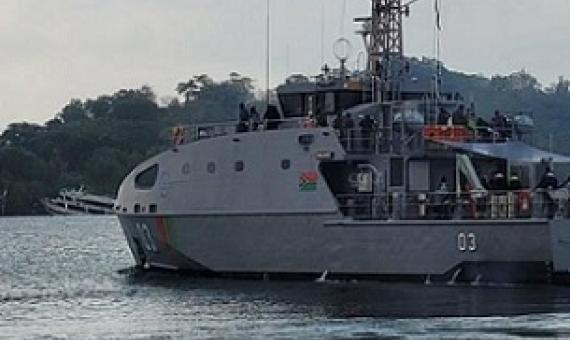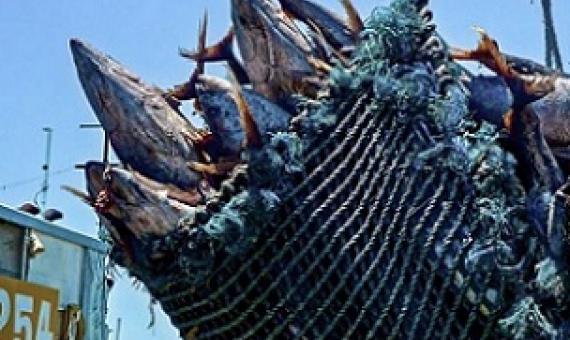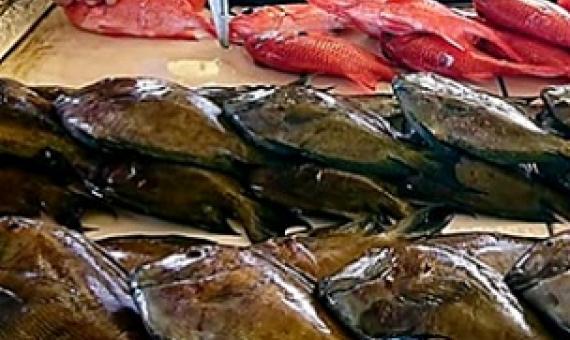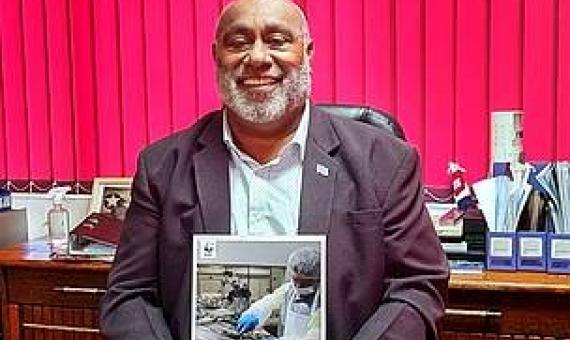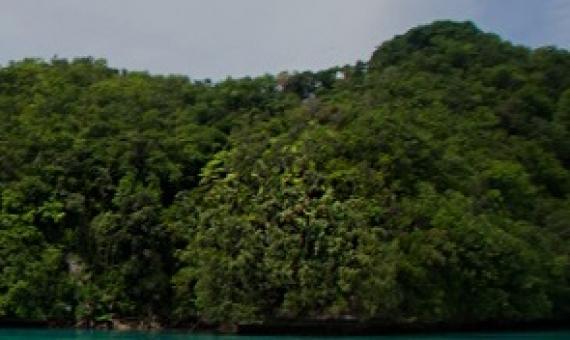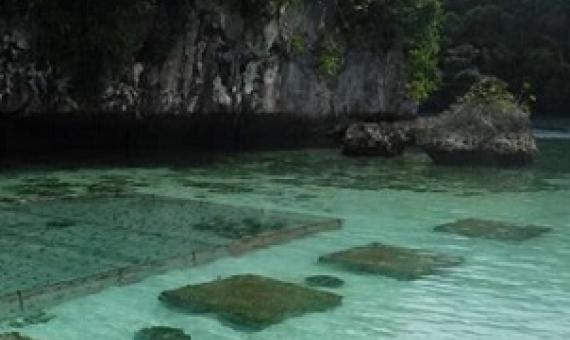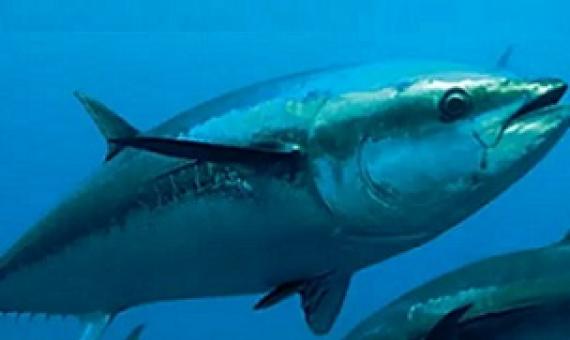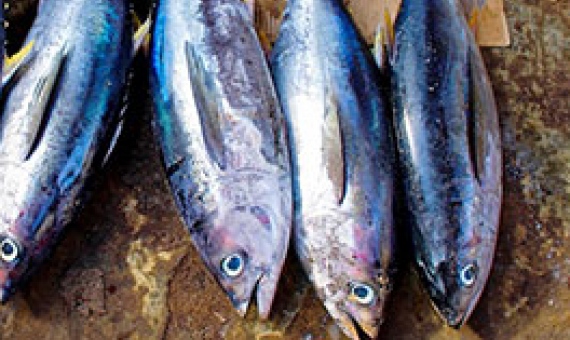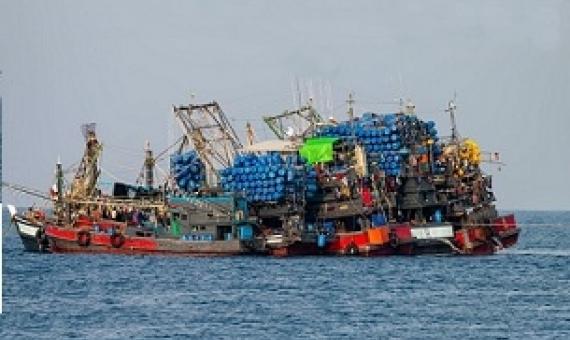Vanuatu's new patrol boat, RVS Takuare, spotted four foreign vessels in Vanuatu's Exclusive Economic Zone (EEZ) between October 25 to November 5, as part of its first ever operation known as 'Kuru Kuru'.
The benefits of sustainably managed wild fisheries, which support food and nutritional security, livelihoods, and cultures, are being undermined by government payments that incentivise overcapacity and lead to overfishing, biodiversity degradation and loss, and CO2 emissions, the scientists argue
The Ministry of Agriculture and Fisheries (M.A.F.) has moved to take a tough stand against the breaching of fisheries regulations which prohibits the catching of under-sized fishes. The Assistant Chief Executive Officer (A.C.E.O) of the M.A.F.
In a bid to strengthen gender inclusion and gender mainstreaming in Fiji’s tuna offshore sector, WWF and partners today launched a Gender Mainstreaming in Fiji’s Offshore Tuna Industry Report.
Creating large-scale marine protected areas (MPAs) can be a powerful way for governments to safeguard entire ecosystems. But the success of those MPAs in delivering conservation benefits depends on effective management.
The Palau International Coral Reef Center (PICRC) recently released a new technical report outlining the size and abundance of resource reef fish stocks across Palau.
People in Palau, a small nation with a population of about 20,000, consume more wild fish per capita than nearly any other country in the world.
Environmental factors, including climate change, are affecting catches for local fishermen and more needs to be done to ensure Pacific tuna stocks remain healthy, says an official with the World Wildlife Fund.
The European Union is helping fund a Papua New Guinea's National Fisheries Authority programme to upskill government fisheries officers.
Global fish catches are fluctuating near the highest levels ever reported, while the fraction of fish stocks that are sustainable has never been lower. Nevertheless, governments spent US$22 billion of public money on harmful fisheries subsidies in 2018.

